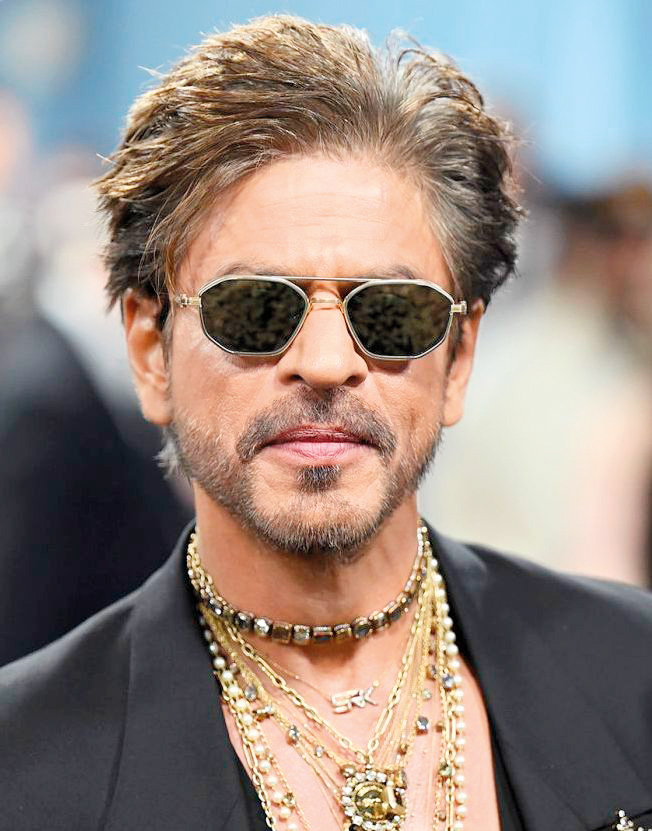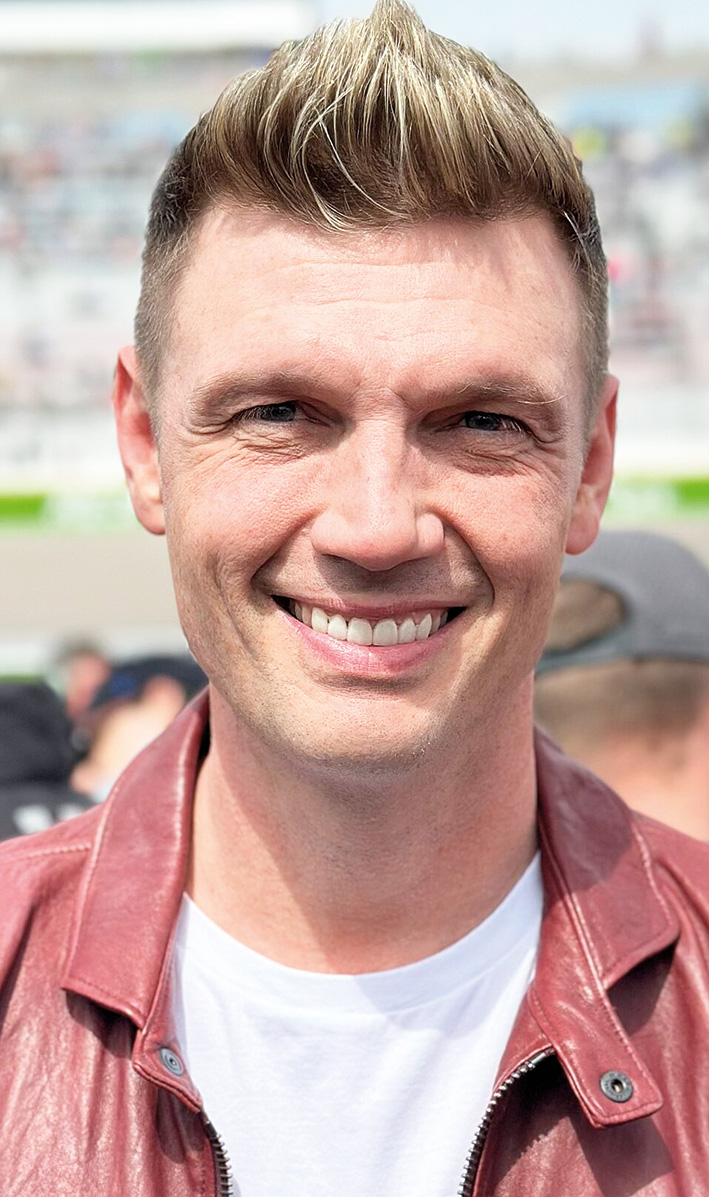Features
MRS. BANDARANAIKE’S GOVERNMENT LOSES BY ONE VOTE
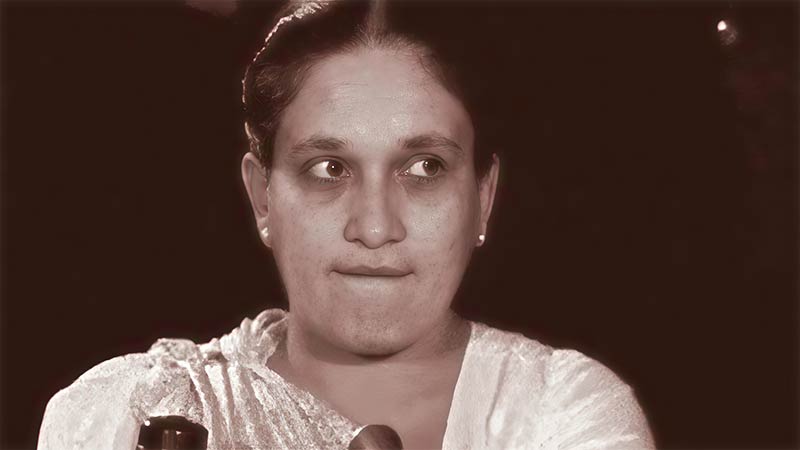
(Excerpted from Memories of 33 year in Parliament by Nihal Seneviratne, Retired Secretary General of Parliament)
In the Parliamentary Election held in July 1960, Mrs. Sirimavo Bandaranaike became the world’s first woman Prime Minister creating a world record. She began her parliamentary career with a seat in the Senate entering the House of Representatives later. It was only subsequently that women like Mrs. Indira Gandhi, Mrs. Golda Meir, Mrs. Margaret Thatcher and Mrs. Benazir Bhutto headed their respective countries.
She headed a 15 Member Cabinet which included Mr. C.P. de Silva as Minister of Lands, Dr. N.M. Perera as Minister of Finance, Felix Dias Bandaranaike as Minister of Agriculture and T.B. Ilangartne as Minister of Trade, Mr. Maithripala Senanayake as Leader of the House and Minister of Rural and Industrial Development. It was indeed a formidable Government and a strong Cabinet.
But four years later things began to get shaky for the Government and Parliament was prorogued in 1964 and a new Session of Parliament began around November that year. After the new Session was opened by the Governor-General William Gopallawa, as was customary following Westminster tradition a motion was moved in the House thanking the Governor General for opening Parliament. This is what we refer to as the Throne Speech Debate.
This is usually a two-day debate. After the Leader of the House, moved the Motion to thank His Excellency, Dr. W Dahanayake (Galle) moved the following Amendment, “…but regret that the people have no confidence in the Government as it has miserably failed to solve the pressing problems of the people, such as unemployment, the high cost of living and housing. “
Before the debate began, Speaker Hugh Fernando summoned me to his chambers and told me of his inability to be present in the House that day and requested that an alternative arrangement be made to chair the proceedings. I vehemently argued with him saying that it was a very important day in the House as a crucial vote was to be taken that evening. I argued with him for over half an hour to be present, but he insisted saying that he had some very urgent private business.
I then realized that I would have to get another government Member to preside and the government, as a result, would lose one vote in its strength. Deputy Speaker D. A. Rajapakse (Mahinda Rajapaksa’s father) chaired the proceedings. By mid-evening a story started circulating in the lobbies of Parliament which took everybody by complete surprise.
It was indeed a well-kept secret till then, but soon it transpired that J. R. Jayewardene as the Leader of the Opposition had been studiously planning and spearheading a coup in Parliament with a view defeating the Government at the conclusion of the Throne Speech Debate vote fixed for that evening. Soon we began to know that many Members of the UNP who were abroad had had been summoned to be present that day. They included E.L Senanayake who had been in London; Paris Perera was away on holiday abroad and a few others. All of them suddenly showed up in the lobbies.
But the bigger surprise of all was when soon after evening tea break when the House resumed at 4.30 p.m., C P de Silva, Minister of Land, Irrigation and Power walked into the well of the House, bowed to the Speaker and instead of taking his assigned seat on the Government front benches, moved to the Opposition side and took his seat there. A few other Members of the Government showing their loyalty to him also walked over and sat in the Opposition benches. Among them were Indrasena de Zoysa and Edmund Wijesuriya. It was no longer a rumour. Soon we found as many as 17 Members of the government party had crossed over to the opposition.
By 7 p.m. that evening the Throne Speech debate had come to an end and a vote was due to be taken. Then following recognized Parliamentary procedure, we had to put the Amendment moved by Dr. W Dahanayake to the House first. The division bells were rung for three minutes. .
As the motion with the amendment read that the House had no confidence in the Government, all Government Members shouted ‘No’ and then the Opposition Members shouted ‘Aye.’ Then, though being tired and exhausted, we called out each name and marked “Aye” and “No” on the provided voting list. We finished counting and then gave the slip with the marked votes to the Presiding Officer. A total 74 had voted “Aye” and 73 had voted “No” with the Government losing by a single vote.
I recall Maithripala Senanayake and Baduideen Mohamed seated on the Government Front benches saying forcefully, “You have counted wrong. Recount the votes.” My heart missed more than a single beat as I realized that if we had made a mistake our jobs were in jeopardy. With our hearts beating vigorously, with added caution and care, we recounted the figures as we may have in the excitement marked a wrong “Aye” or “No” on the one sheet in adjoining columns. After the recount we forwarded it to the Presiding Officer who announced the division to the House and we informed the two Members who had objected that our figures were correct.
But I reassured Government Members that following correct parliamentary procedure, the amended motion would once again be put to the House and there would be another vote soon after. Thus, the Government had every opportunity of getting one or two Members to come into the Chamber and vote with them. So, yet again, the division bells were rung for three minutes and at the end, we once again repeated calling out the names of all the Members seated.
Since the amended motion signified that the Government had lost its confidence in the House, I advised all Government Members to say “No”. By 8.30 p.m. that night we had recounted the votes and it was the identical result- 74 “Ayes” and 73 “Noes”. The Government had been unable to get just one other Member to vote with them and finally the Government lost by a single vote.
I must add here that though the Government had lost by a single vote, it was only because two or three Members of the Government-side were abroad at that moment and the Government, completely unaware that Mr. J.R. Jayewardene was planning this coup, did not arrange for their return. Dr. N.M. Perera as Minister of Finance was in USA for a meeting with the World Bank and Mr. Bernard Soysa was also out of the country.
Mrs. Bandaranaike was made well aware of the constitutional position by her advisers that she could have very easily summoned Parliament to meet on a future date and asked for a Vote of Confidence which she and the Government could well have won. But the great lady that she was, having suffered a defeat in the House, two weeks’ later dissolved Parliament on December 17. Then the General Election was held in March 1965 and the UNP were voted to power with Dudley Senanayake being sworn in as Prime Minister on March 25.
His Cabinet of 16 which included J.R. Jayewardene as Minister of State, M.D. Banda as Minister of Agriculture, U. B. Wanninayake as Minister of Finance, C.P. de Silva as Minister of Lands was sworn. Five years later in March 1970, the sixth parliament was dissolved. In the general election held in June that year, Mrs. Bandaranaike re-took power and became prime minister but seven years later, in 1977 parliamentary election, her United Front Government was routed and the UNP led by J.R. Jayewardene won with a five-sixth majority.
With the change in government there was a change in the fortunes of Mrs. Bandaranaike who was subsequently deprived of her civic rights.
How Mrs. B lost her civic rights
Soon after the new Government headed by J.R. Jayewardene was sworn in after the UNP received a five-sixth majority in the House in 1977, J.R. Jayewardene who was Prime Minister moved a Motion in the House for the appointment of a Select Committee of the House to draft and adopt a new Constitution for Sri Lanka, repealing the 1972 Constitution, which was in place till then.
I worked as an Assistant Secretary to the drafting Committee which was set up soon after the new Government started work. In drafting the Chapter on the Legislative Procedure and Powers, a new Section 81 was introduced titled “Expulsion of Members and Imposition of Civic Disability”.
During our deliberations it came to our notice that this was altogether a new Section which found no place in the Soulbury Constitution of 1948 nor in the Republican Constitution of 1972.
This new Section provided for a Special Presidential Commission of Inquiry being set up consisting of a Judge of the Supreme Court, Court of Appeal, High Court or District Court. They were empowered to recommend that any person should be made subject to civic disability by reason of any act done by such person. Clause 81 stated that if such person was found guilty with two-thirds of Parliament voting in favour, a civic disability on such person for a period not exceeding seven years, was going to be imposed and if such person is a Member of Parliament, for such person to be expelled.
It so happened that in August 1980, a Special Presidential Commission of Inquiry was set up consisting of Hon. J.G.T. Weeraratne (Judge of the Supreme Court), Hon. S. Sharvananda (Judge of the Supreme Court) and Hon. K.C.E. de Alwis (Judge of the Appeal Court). The Commission Report was published as a Sessional Paper of 1980 and the Gazette in September 1980.
The Cabinet decided to accept the recommendations of the Commission which held that Mrs. Bandaranaike be subject to civic disability by reason of the acts done by her, which constitute abuse of power or misuse of power as set out in the Report published. After a lengthy debate, Item 2 of the Order Paper of October 16, 1980, was put to the vote and Parliament with the count being 139 Ayes: 18 Noes. Mrs. Bandaranaike declined to vote.
It was late in the night when the House adjourned. just after the vote was taken, Mrs. Bandaranaike left the Chamber and walked down the stairs of the old building to get into her car. I recall accompanying her down the stairs as the disappointed lady left the building. I felt it was part of an obligation that as she walked down the stairs alone that I accompany the ex-Prime Minister. The country’s and world’s very first lady Prime Minister was leaving the House under the most unusual circumstances. I wished her farewell. Many years later she returned to Parliament as Prime Minister.
The chapter on the imposition of civic disability on Mrs. Bandaranaike did not end there. On April 8, 1996, with her daughter Chandrika Kumaratunga as the country’s new President and Mrs. Bandaranaike as Prime Minister, a Minister in her Government Hon. (Prof.) G.L. Pieris moved a Resolution outlining the circumstances which led to the Motion depriving Mrs. Bandaranaike of her Civic Rights in October 1980. He moved that : Parliament hereby resolves that the said Resolution of October 16, 1980, ought not to have been passed.
Prof Peiris winding up the Debate said a remarkable feature of this Debate had been that not a single voice was raised in opposition to the substance of the Resolution. All sections of the House that participated in the debate agreed that it is right and proper that the historic mistake, which was perpetrated on October 16 ,1980 should be rectified. When the Motion was put to the House a division was taken by name and 124 Members voted for it, none against. It should be recorded for posterity that there was just one person who declined to vote and that was none other than Mrs. Bandaranaike herself.
Features
US’ drastic aid cut to UN poses moral challenge to world

 ‘Adapt, shrink or die’ – thus runs the warning issued by the Trump administration to UN humanitarian agencies with brute insensitivity in the wake of its recent decision to drastically reduce to $2bn its humanitarian aid to the UN system. This is a substantial climb down from the $17bn the US usually provided to the UN for its humanitarian operations.
‘Adapt, shrink or die’ – thus runs the warning issued by the Trump administration to UN humanitarian agencies with brute insensitivity in the wake of its recent decision to drastically reduce to $2bn its humanitarian aid to the UN system. This is a substantial climb down from the $17bn the US usually provided to the UN for its humanitarian operations.
Considering that the US has hitherto been the UN’s biggest aid provider, it need hardly be said that the US decision would pose a daunting challenge to the UN’s humanitarian operations around the world. This would indeed mean that, among other things, people living in poverty and stifling material hardships, in particularly the Southern hemisphere, could dramatically increase. Coming on top of the US decision to bring to an end USAID operations, the poor of the world could be said to have been left to their devices as a consequence of these morally insensitive policy rethinks of the Trump administration.
Earlier, the UN had warned that it would be compelled to reduce its aid programs in the face of ‘the deepest funding cuts ever.’ In fact the UN is on record as requesting the world for $23bn for its 2026 aid operations.
If this UN appeal happens to go unheeded, the possibilities are that the UN would not be in a position to uphold the status it has hitherto held as the world’s foremost humanitarian aid provider. It would not be incorrect to state that a substantial part of the rationale for the UN’s existence could come in for questioning if its humanitarian identity is thus eroded.
Inherent in these developments is a challenge for those sections of the international community that wish to stand up and be counted as humanists and the ‘Conscience of the World.’ A responsibility is cast on them to not only keep the UN system going but to also ensure its increased efficiency as a humanitarian aid provider to particularly the poorest of the poor.
It is unfortunate that the US is increasingly opting for a position of international isolation. Such a policy position was adopted by it in the decades leading to World War Two and the consequences for the world as a result for this policy posture were most disquieting. For instance, it opened the door to the flourishing of dictatorial regimes in the West, such as that led by Adolph Hitler in Germany, which nearly paved the way for the subjugation of a good part of Europe by the Nazis.
If the US had not intervened militarily in the war on the side of the Allies, the West would have faced the distressing prospect of coming under the sway of the Nazis and as a result earned indefinite political and military repression. By entering World War Two the US helped to ward off these bleak outcomes and indeed helped the major democracies of Western Europe to hold their own and thrive against fascism and dictatorial rule.
Republican administrations in the US in particular have not proved the greatest defenders of democratic rule the world over, but by helping to keep the international power balance in favour of democracy and fundamental human rights they could keep under a tight leash fascism and linked anti-democratic forces even in contemporary times. Russia’s invasion and continued occupation of parts of Ukraine reminds us starkly that the democracy versus fascism battle is far from over.
Right now, the US needs to remain on the side of the rest of the West very firmly, lest fascism enjoys another unfettered lease of life through the absence of countervailing and substantial military and political power.
However, by reducing its financial support for the UN and backing away from sustaining its humanitarian programs the world over the US could be laying the ground work for an aggravation of poverty in the South in particular and its accompaniments, such as, political repression, runaway social discontent and anarchy.
What should not go unnoticed by the US is the fact that peace and social stability in the South and the flourishing of the same conditions in the global North are symbiotically linked, although not so apparent at first blush. For instance, if illegal migration from the South to the US is a major problem for the US today, it is because poor countries are not receiving development assistance from the UN system to the required degree. Such deprivation on the part of the South leads to aggravating social discontent in the latter and consequences such as illegal migratory movements from South to North.
Accordingly, it will be in the North’s best interests to ensure that the South is not deprived of sustained development assistance since the latter is an essential condition for social contentment and stable governance, which factors in turn would guard against the emergence of phenomena such as illegal migration.
Meanwhile, democratic sections of the rest of the world in particular need to consider it a matter of conscience to ensure the sustenance and flourishing of the UN system. To be sure, the UN system is considerably flawed but at present it could be called the most equitable and fair among international development organizations and the most far-flung one. Without it world poverty would have proved unmanageable along with the ills that come along with it.
Dehumanizing poverty is an indictment on humanity. It stands to reason that the world community should rally round the UN and ensure its survival lest the abomination which is poverty flourishes. In this undertaking the world needs to stand united. Ambiguities on this score could be self-defeating for the world community.
For example, all groupings of countries that could demonstrate economic muscle need to figure prominently in this initiative. One such grouping is BRICS. Inasmuch as the US and the West should shrug aside Realpolitik considerations in this enterprise, the same goes for organizations such as BRICS.
The arrival at the above international consensus would be greatly facilitated by stepped up dialogue among states on the continued importance of the UN system. Fresh efforts to speed-up UN reform would prove major catalysts in bringing about these positive changes as well. Also requiring to be shunned is the blind pursuit of narrow national interests.
Features
Egg white scene …
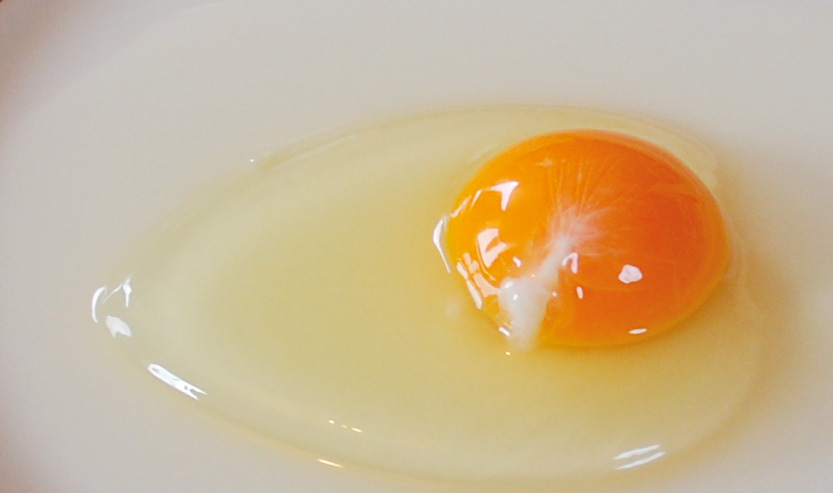
 Hi! Great to be back after my Christmas break.
Hi! Great to be back after my Christmas break.
Thought of starting this week with egg white.
Yes, eggs are brimming with nutrients beneficial for your overall health and wellness, but did you know that eggs, especially the whites, are excellent for your complexion?
OK, if you have no idea about how to use egg whites for your face, read on.
Egg White, Lemon, Honey:
Separate the yolk from the egg white and add about a teaspoon of freshly squeezed lemon juice and about one and a half teaspoons of organic honey. Whisk all the ingredients together until they are mixed well.
Apply this mixture to your face and allow it to rest for about 15 minutes before cleansing your face with a gentle face wash.
Don’t forget to apply your favourite moisturiser, after using this face mask, to help seal in all the goodness.
Egg White, Avocado:
In a clean mixing bowl, start by mashing the avocado, until it turns into a soft, lump-free paste, and then add the whites of one egg, a teaspoon of yoghurt and mix everything together until it looks like a creamy paste.
Apply this mixture all over your face and neck area, and leave it on for about 20 to 30 minutes before washing it off with cold water and a gentle face wash.
Egg White, Cucumber, Yoghurt:
In a bowl, add one egg white, one teaspoon each of yoghurt, fresh cucumber juice and organic honey. Mix all the ingredients together until it forms a thick paste.
Apply this paste all over your face and neck area and leave it on for at least 20 minutes and then gently rinse off this face mask with lukewarm water and immediately follow it up with a gentle and nourishing moisturiser.
Egg White, Aloe Vera, Castor Oil:
To the egg white, add about a teaspoon each of aloe vera gel and castor oil and then mix all the ingredients together and apply it all over your face and neck area in a thin, even layer.
Leave it on for about 20 minutes and wash it off with a gentle face wash and some cold water. Follow it up with your favourite moisturiser.
Features
Confusion cropping up with Ne-Yo in the spotlight
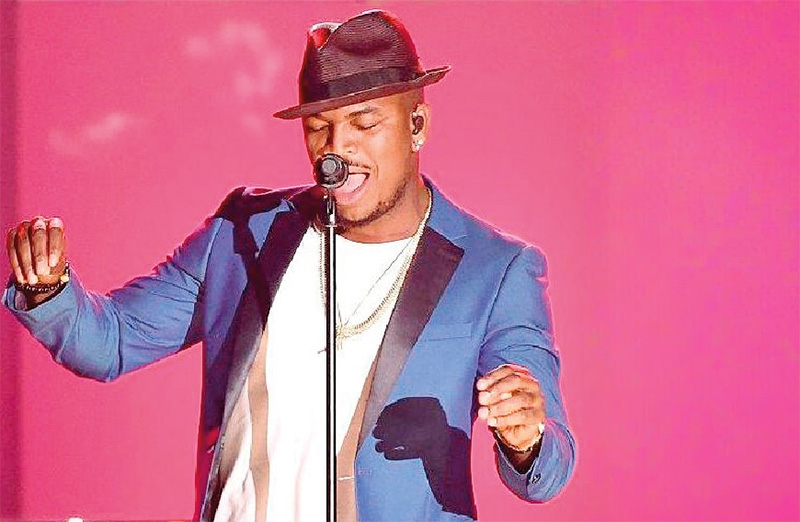
 Superlatives galore were used, especially on social media, to highlight R&B singer Ne-Yo’s trip to Sri Lanka: Global superstar Ne-Yo to perform live in Colombo this December; Ne-Yo concert puts Sri Lanka back on the global entertainment map; A global music sensation is coming to Sri Lanka … and there were lots more!
Superlatives galore were used, especially on social media, to highlight R&B singer Ne-Yo’s trip to Sri Lanka: Global superstar Ne-Yo to perform live in Colombo this December; Ne-Yo concert puts Sri Lanka back on the global entertainment map; A global music sensation is coming to Sri Lanka … and there were lots more!
At an official press conference, held at a five-star venue, in Colombo, it was indicated that the gathering marked a defining moment for Sri Lanka’s entertainment industry as international R&B powerhouse and three-time Grammy Award winner Ne-Yo prepares to take the stage in Colombo this December.
What’s more, the occasion was graced by the presence of Sunil Kumara Gamage, Minister of Sports & Youth Affairs of Sri Lanka, and Professor Ruwan Ranasinghe, Deputy Minister of Tourism, alongside distinguished dignitaries, sponsors, and members of the media.
According to reports, the concert had received the official endorsement of the Sri Lanka Tourism Promotion Bureau, recognising it as a flagship initiative in developing the country’s concert economy by attracting fans, and media, from all over South Asia.
However, I had that strange feeling that this concert would not become a reality, keeping in mind what happened to Nick Carter’s Colombo concert – cancelled at the very last moment.
Carter issued a video message announcing he had to return to the USA due to “unforeseen circumstances” and a “family emergency”.
Though “unforeseen circumstances” was the official reason provided by Carter and the local organisers, there was speculation that low ticket sales may also have been a factor in the cancellation.
Well, “Unforeseen Circumstances” has cropped up again!
In a brief statement, via social media, the organisers of the Ne-Yo concert said the decision was taken due to “unforeseen circumstances and factors beyond their control.”
Ne-Yo, too, subsequently made an announcement, citing “Unforeseen circumstances.”
The public has a right to know what these “unforeseen circumstances” are, and who is to be blamed – the organisers or Ne-Yo!
Ne-Yo’s management certainly need to come out with the truth.
However, those who are aware of some of the happenings in the setup here put it down to poor ticket sales, mentioning that the tickets for the concert, and a meet-and-greet event, were exorbitantly high, considering that Ne-Yo is not a current mega star.
We also had a cancellation coming our way from Shah Rukh Khan, who was scheduled to visit Sri Lanka for the City of Dreams resort launch, and then this was received: “Unfortunately due to unforeseen personal reasons beyond his control, Mr. Khan is no longer able to attend.”
Referring to this kind of mess up, a leading showbiz personality said that it will only make people reluctant to buy their tickets, online.
“Tickets will go mostly at the gate and it will be very bad for the industry,” he added.
-

 News6 days ago
News6 days agoStreet vendors banned from Kandy City
-

 Sports3 days ago
Sports3 days agoGurusinha’s Boxing Day hundred celebrated in Melbourne
-

 News6 days ago
News6 days agoLankan aircrew fly daring UN Medevac in hostile conditions in Africa
-

 News1 day ago
News1 day agoLeading the Nation’s Connectivity Recovery Amid Unprecedented Challenges
-

 Sports4 days ago
Sports4 days agoTime to close the Dickwella chapter
-

 Features2 days ago
Features2 days agoIt’s all over for Maxi Rozairo
-

 Features6 days ago
Features6 days agoRethinking post-disaster urban planning: Lessons from Peradeniya
-

 Opinion6 days ago
Opinion6 days agoAre we reading the sky wrong?


